 W
WMario Berlinguer was an Italian lawyer and politician. He descended from a noble Sardinian family of Catalan origins. As many of his ancestors, he belonged to the Italian Freemasonry and was Great Master of the regular lodge of Sassari, affiliated to the Grand Orient of Italy.
 W
WEnzo Biagi was an Italian journalist, writer and former partisan.
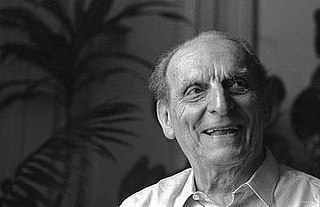 W
WNorberto Bobbio was an Italian philosopher of law and political sciences and a historian of political thought. He also wrote regularly for the Turin-based daily La Stampa. Bobbio was a liberal socialist in the tradition of Piero Gobetti, Carlo Rosselli, Guido Calogero, and Aldo Capitini. He was also strongly influenced by Hans Kelsen and Vilfredo Pareto.
 W
WGiorgio Valentino Bocca was an Italian essayist and journalist, also known for his participation in the World War II partisan movement.
 W
WPietro Bucalossi was an Italian physician and politician. He is remembered for his research on cancer and his austerity and small government policies.
 W
WPiero Calamandrei was an Italian author, jurist, soldier, university professor and politician. He was one of Italy's leading authorities on the law of civil procedure.
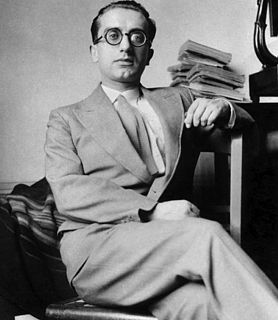 W
WAldo Capitini was an Italian philosopher, poet, political activist, anti-Fascist and educator. He was one of the first Italians to take up and develop Mahatma Gandhi's theories of nonviolence and was known as "the Italian Gandhi".
 W
WSeverino Caveri was an Italian politician who served as president of Aosta Valley from 1946 to 1954, and again from 1963 to 1966. He was one of the co-founders of the Valdostan Union party, as well as serving as a national deputy from 1958 to 1963, as the president of the Regional Council of Aosta Valley from 1975 until his death in 1977.
 W
WCarlo Azeglio Ciampi was an Italian politician and banker who was the 49th prime minister of Italy from 1993 to 1994 and the tenth president of Italy from 1999 to 2006.
 W
WTristano Codignola was an Italian politician.
 W
WFederico Comandini was an Italian politician.
 W
WFrancesco de Martino was an Italian jurist, politician, lifetime senator (1991–2002) and former Vice President of the Council of Ministers. He was considered by many to be the conscience of the Italian Socialist Party.
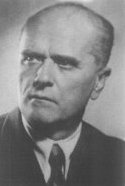 W
WGuido De Ruggiero was an historian of philosophy, university professor and Italian politician.
 W
WFrancesco de Sanctis was a leading Italian literary critic and scholar of Italian language and literature during the 19th century.
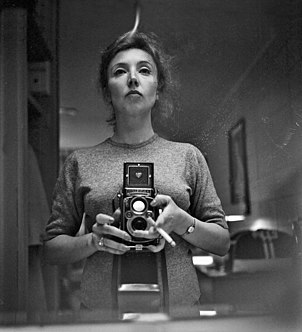 W
WOriana Fallaci was an Italian journalist, author, and political interviewer. A partisan during World War II, she had a long and successful journalistic career. Fallaci became famous worldwide for her coverage of war and revolution, and her "long, aggressive and revealing interviews" with many world leaders during the 1960s, 1970s, and 1980s.
 W
WVittorio Foa was an Italian politician, trade unionist, journalist and writer.
 W
WLeone Ginzburg was an Italian editor, writer, journalist and teacher, as well as an important anti-fascist political activist and a hero of the resistance movement. He was the husband of the renowned author Natalia Ginzburg and the father of the historian Carlo Ginzburg.
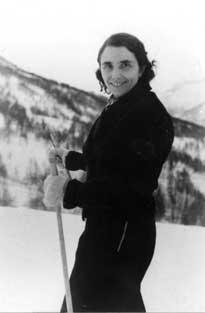 W
WAda Gobetti (1902–1968) was an Italian teacher, journalist and anti-fascist leader. She was born Ada Prospero and later remarried to become Ada Marchesini.
 W
WUgo La Malfa was an Italian politician and an important leader in the Italian Republican Party.
 W
WPrimo Michele Levi was an Italian Jewish chemist, partisan, Holocaust survivor and writer. He was the author of several books, collections of short stories, essays, poems and one novel. His best-known works include If This Is a Man, his account of the year he spent as a prisoner in the Auschwitz concentration camp in Nazi-occupied Poland; and The Periodic Table (1975), linked to qualities of the elements, which the Royal Institution named the best science book ever written.
 W
WRiccardo Lombardi was an Italian politician.
 W
WEmilio Lussu was an Italian soldier, politician, antifascist and a writer.
 W
WAntonio Maccanico was an Italian constitutional specialist and social liberal politician, who served in various capacities in the parliament and federal administrations of Italy.
 W
WEugenio Montale was an Italian poet, prose writer, editor and translator, and recipient of the 1975 Nobel Prize in Literature.
 W
WFerruccio Parri was an Italian partisan and politician who served as the 29th prime minister of Italy for several months in 1945. During the resistance he was known as Maurizio.
 W
WCarlo Ludovico Ragghianti was an Italian art critic, historian, philosopher of art and politician.
 W
WOronzo Reale was an Italian politician, who served as justice minister in the 1960s and 1970s.
 W
WGaetano Salvemini was an Italian Socialist and antifascist politician, historian and writer. Born in a family of modest means, he became an acclaimed historian both in Italy and abroad, particularly in the United States, after he was forced into exile by Mussolini's fascist regime.
 W
WAltiero Spinelli was an Italian communist politician, political theorist and European federalist, referred to as one of the founding fathers of the European Union.
 W
WLeo Valiani was an Italian historian, politician and journalist.
 W
WBruno Visentini was an Italian politician, senator, minister, lecturer and industrialist.
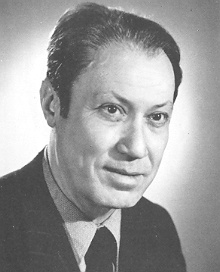 W
WPaolo Vittorelli was the pseudonym used by Raffaello Battino, an Italian journalist-commentator, author and politician of the centre-left. As his public profile grew, he was increasingly referred to as Paolo Battino Vittorelli, the name by which he is identified in most posthumous sources. He engaged actively in antifascist propaganda work during the war years, most of which he spent exiled in Cairo.
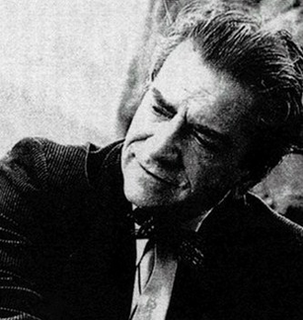 W
WBruno Zevi was an Italian architect, historian, professor, curator, author, and editor. Zevi was a vocal critic of "classicizing" modern architecture and postmodernism.